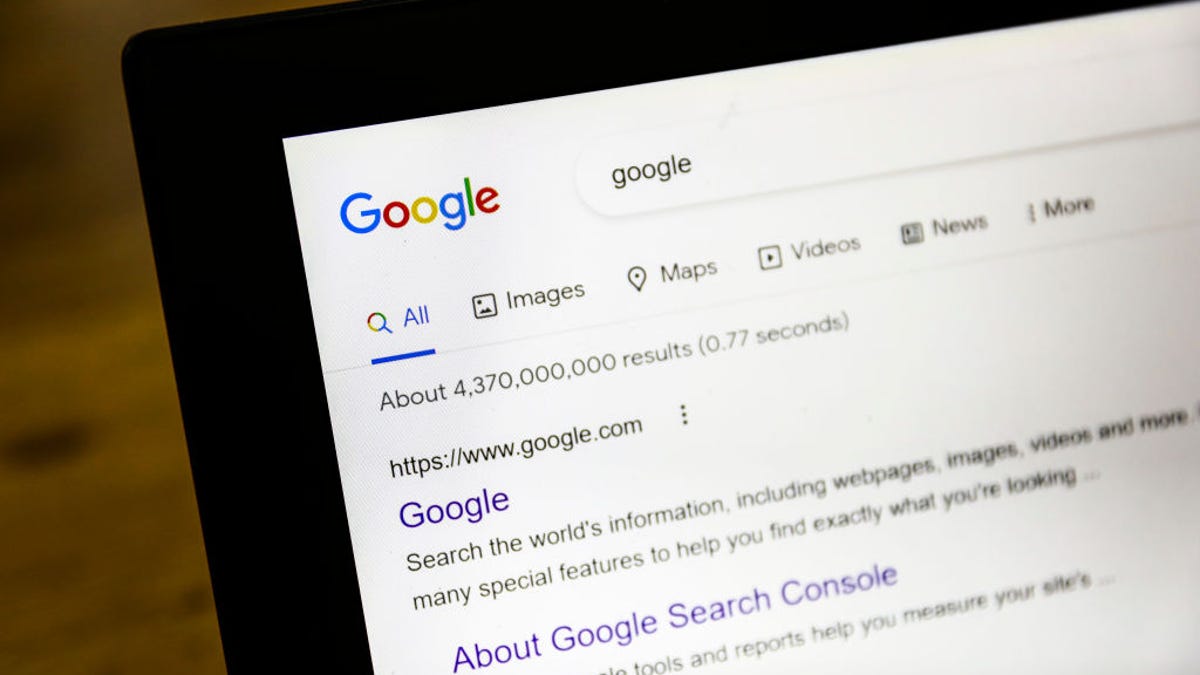You Can Ask Google to Remove Your Personal Data From Search Results. Here's How
We'll tell you how to request your phone number, physical address, medical documents and other private info to be removed.

Google has expanded the types of personal info it will remove from search results when asked.
Our private data is scattered all over the internet, so it's only inevitable that some personal information will turn up in Google's search results. Google has a process that lets you request that certain search results be removed. In April, the company added new categories of information that could be taken down upon request, including phone numbers and physical addresses.
"The availability of personal contact information online can be jarring -- and it can be used in harmful ways, including for unwanted direct contact or even physical harm," Google's global policy lead for search, Michelle Chang, wrote in an April 27 blog post.
Read on to learn the types of personal information Google will remove from search results and how you can make such requests.
What information will Google remove from Search?
In limited circumstances, Google will approve requests to take down search results that reveal an individual's personal details. The categories of content include:
- Personal contact information, including your email address, telephone number and physical address.
- Content that can lead to identity theft, like credit card and bank account numbers or images of your signature.
- Details that pose a risk of hacking, like login IDs and passwords.
- Search results with nonconsensual explicit images or deep-fake pornography.
- Medical records and other confidential information.
- Pictures of minors.
- "Irrelevant pornography" tied to your name.
How do I get Google to remove something from Search?
Getting search links taken down isn't automatic. In general, you have to file a request and include the URLs of pages hosting your information, as well as search pages that surface those links.
You may also need to include screenshots of the information in question.
Google will then evaluate your request, taking into account if the removal would limit access to publicly available information or if it's "broadly useful," like a news article.
"In such cases, we won't make removals," Chang said.
You'll get a notification of any action taken. Depending on the content and context, Google may remove the links from all search results, or just results that include your name.
More details on the process can be found on the Google Support Site.
Is scrubbing your info from Search the same as taking it off the Internet?
No. Even if Google agrees to remove search results leading to your information, the info is still on the internet. You can still find it directly on the website or through social media, other search engines or other means. This will only affect what's available on Google. Google suggests contacting the webmaster responsible for the page to request the content be removed.
What else can I do to remove personal information from the internet?
Google Search isn't the only place your personal data lives. Google tracks the videos you watch on YouTube, the routes you take on Google Maps and even the searches you conduct yourself.
For greater privacy, learn how to automatically delete your activity history, stop Google from tracking you and how to delete your search history.

